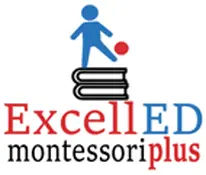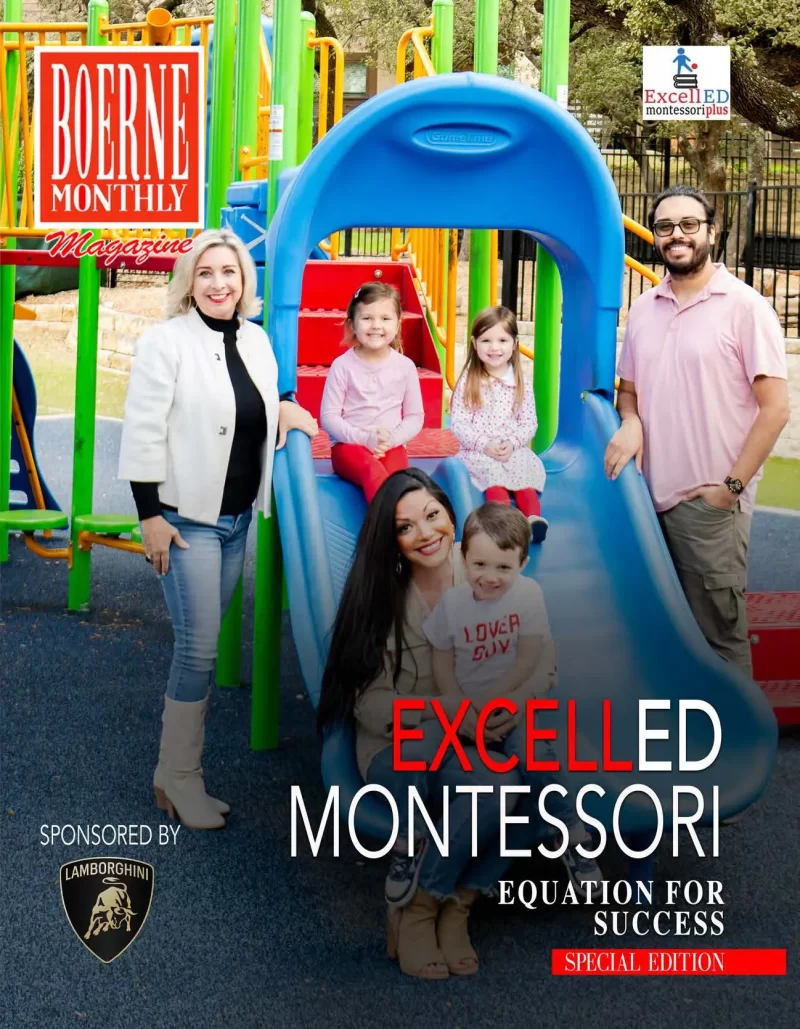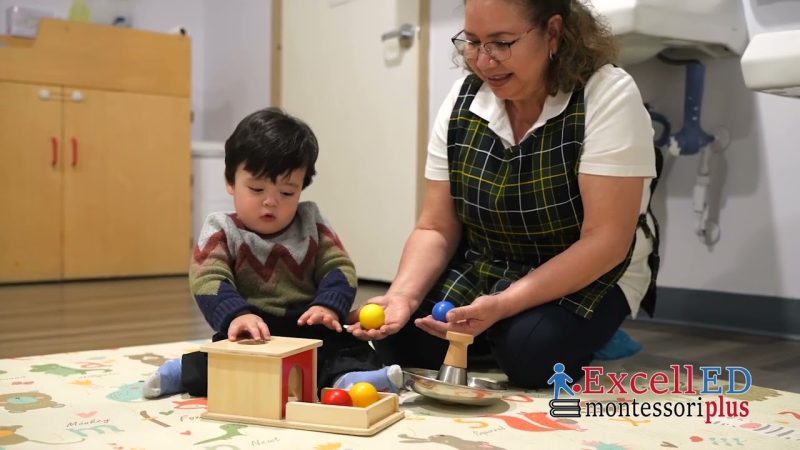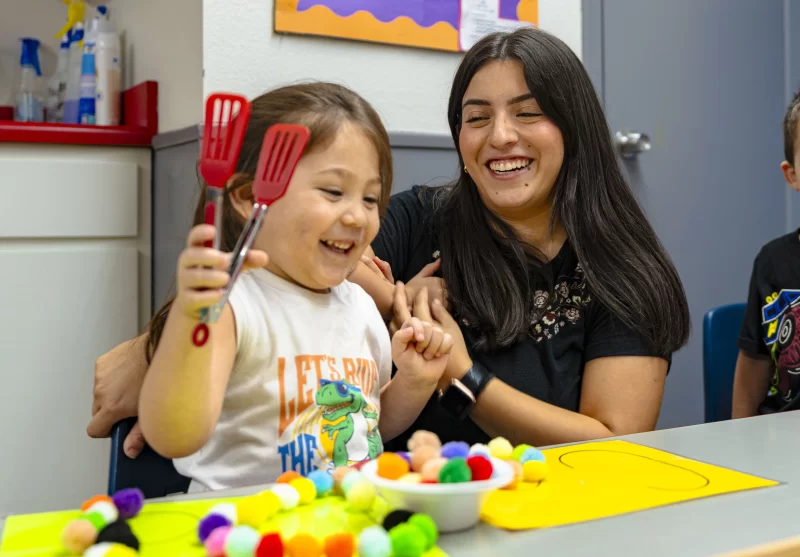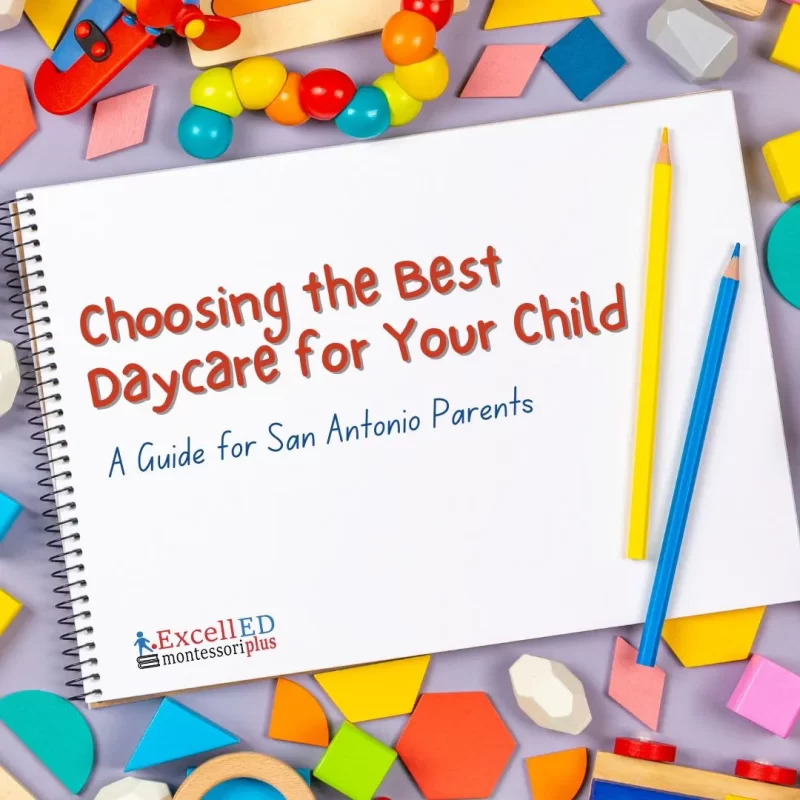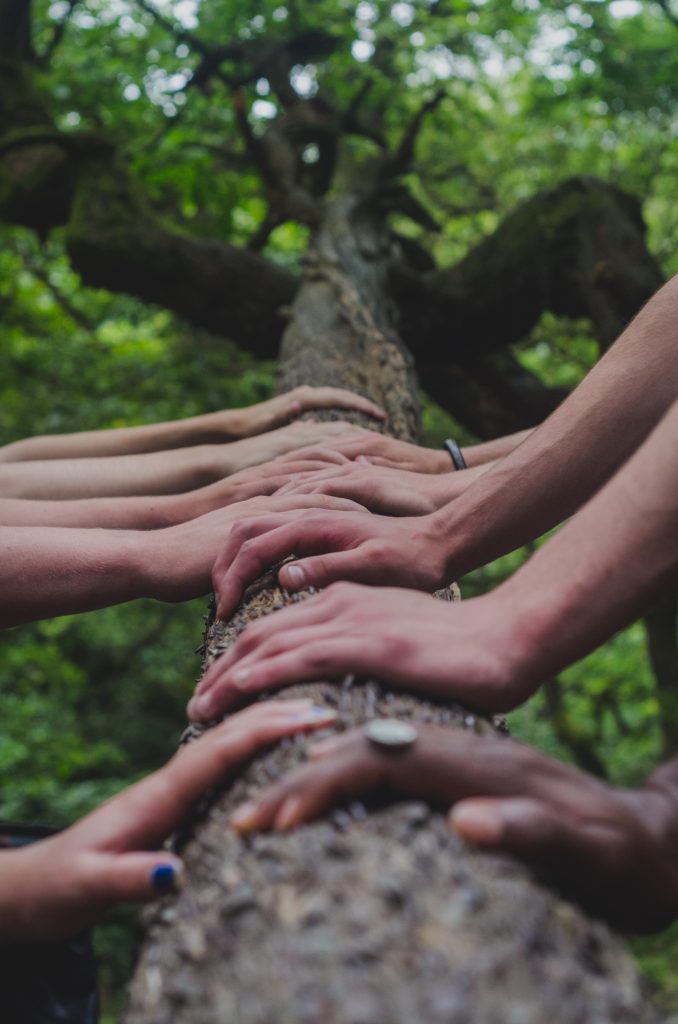
Not all children learn alike! Montessori recognized that children learn differently, at different paces, and through unique interests. Children’s learning styles vary greatly, and thankfully, Montessori developed an educational system of personalized learning to meet each child’s specific learning needs.
How did she do this? She designed a hands-on, personalized learning environment where the children can freely follow their curiosity and pursue their interests.
Unlike many educational models where children are taught the same subject in the same way, often with very little experiential learning and high expectation to rote learn their work, Montessori recognized that children develop best through personalized, hands-on learning.
Montessori explains that “the hands help the development of the intellect. When a child is capable of using his hands, he can have a quantity of experiences in the environment through using them. In order to develop his consciousness, then his intellect, and then his will, he must have exercises and experiences.”
What is hands-on learning?
This style of learning is experiential. A child learns through doing an activity with his hands. It is through the process of active learning that the child acquires the skill taught.
‘What the hand does, the mind remembers.” – Dr Maria Montessori.
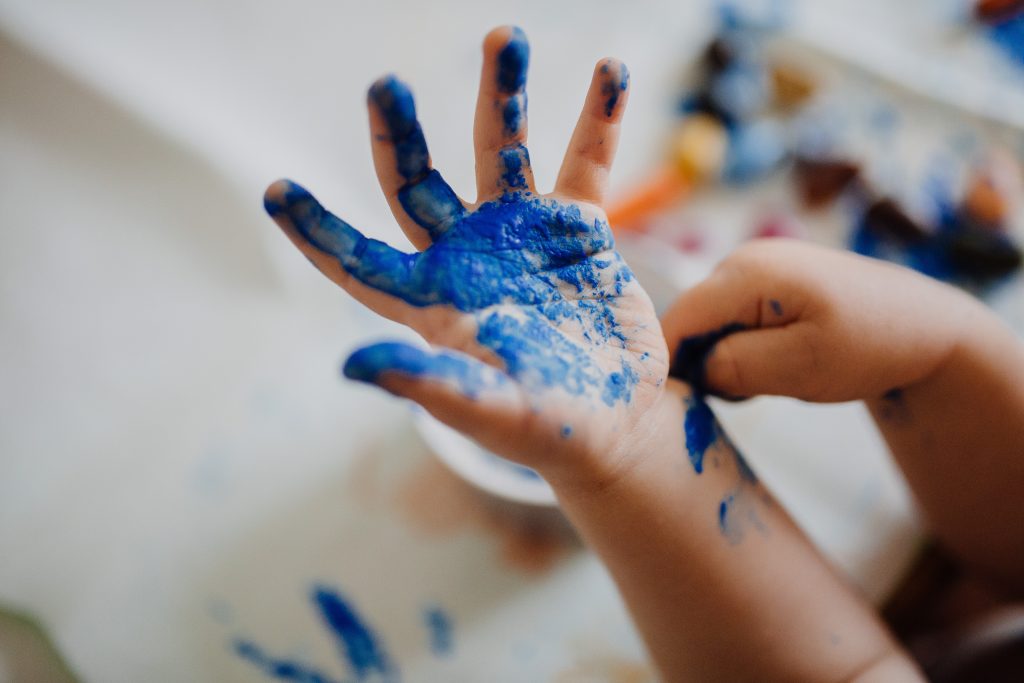
How is hands-on learning applied in Montessori education?
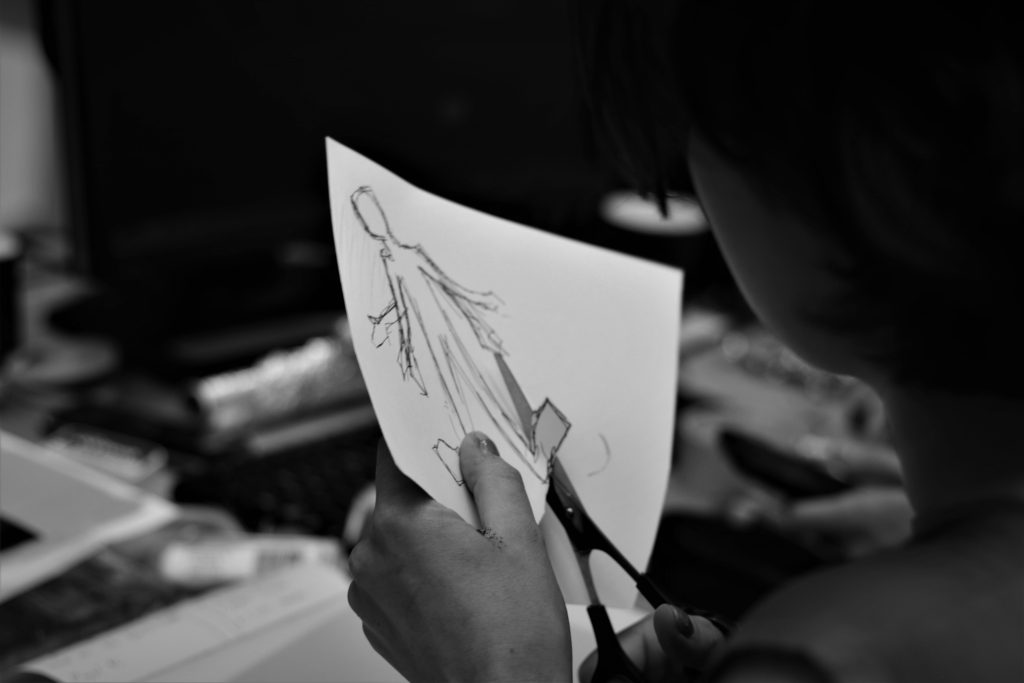
Walk through the practical life section of a Montessori classroom, and you will see many activities on the shelf that teach specific skills, such as buttoning, tying shoe laces, pouring, spooning, arranging flowers, sewing, polishing, preparing snacks etc. Each activity is shown to the child and then offered to repeat at will actively. The child’s hands become the channel through which the learning takes place, and as a result, intelligence develops, and skills are acquired.
The natural world is taught not through books and pictures alone but by getting their hands dirty outside in the garden. For example, children use magnifying glasses to identify the small details on natural items. They plant carrot seeds, tend to their care by watering the seedlings, and later pull the carrots up to learn about root systems or cut them up and prepare a meal. Children put together puzzles to learn the names of the different parts of plants and may go on to arrange or dry flowers to enhance their learning.
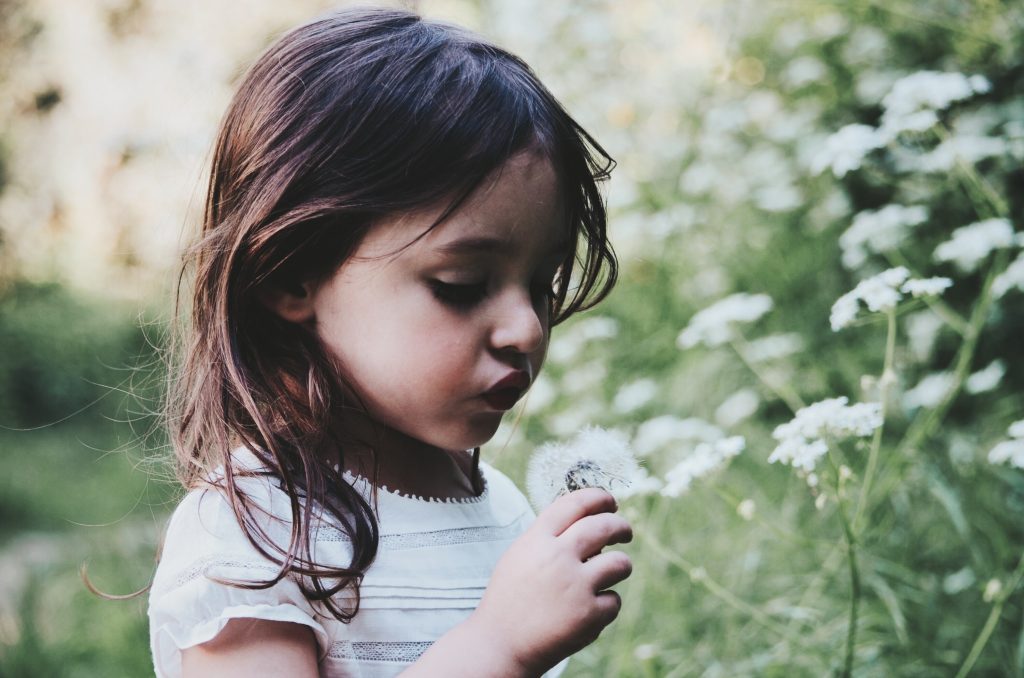
Children are taught Mathematical concepts through hands-on manipulation with the number rods, spindle boxes, golden beads, etc. Mathematical concepts extend to real-life situations where children measure their environment or each other with measuring tapes, for example, or man a cake sale store and work with money.
Children learn language through hands-on learning too. Children move their fingers around sandpaper letters and metal insets to practice forming letters or maneuver the large movable alphabet on a mat to create their first words.
No matter the subject of focus, topics are shared in a way that encourages some form of hands-on learning. Montessori teachers are apt to extend a child’s education into experiential activities of interest.
What is personalized learning?
Personalized learning customizes learning to meet a child’s unique interests, needs, strengths, and weaknesses. It considers a child’s ability and gifts and supports their development and growth according to their level and passions.
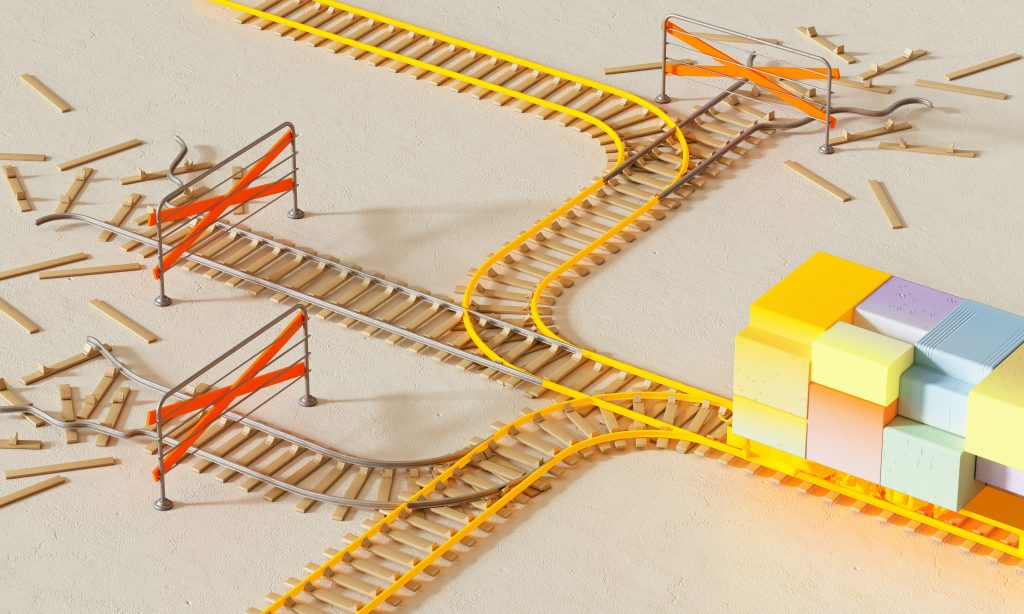
The foundation of personalized learning is a key component of Montessori education, observation! To personalize a child’s learning journey, one must first observe their choices, behaviors, personality, and aptitudes. One has to glimpse the inner calling of their soul and begin to carve out a route which will inspire the child to blossom into the fullness of who they are and reveal his soul.
Some key components of personalized learning
- Student responsibility and ownership
- Process over product
- Mastery based progression
- Flexible time-based learning
How do these key components apply in a Montessori environment?
- The main objective in a Montessori environment is to assist the child towards independence and help the child do it by themselves so that he can follow his inner calling. Necessary skills are shown to the child to empower him towards his intended goal; however, he is then encouraged to take responsibility for his learning direction and growth.
- Montessori education focuses on the learning process rather than the end product. The beautifully crafted end product may or may not arrive in time. However, this is not the point; the learning that takes place during the process is what is most important. Often children go home with work that doesn’t resemble anything specific, and we have to reassure parents that the result they are seeing is nothing to worry about but rather a glimpse into their creation and learning process and something to be proud of.
- Children move through a sequence of activities that build upon each other. Once a child has mastered a skill, the Montessori guide will show him the next step to continue building upon his learning. He is, therefore, always working at his own pace and in line with his level of competency.
- In a Montessori school, the children have extended uninterrupted open-ended work cycles. During these periods, the children are encouraged to pursue activities freely and thus find their natural learning rhythm. Sometimes a child may need to play outside for some time before he is ready to focus on the project he has in mind. Thankfully, Montessori education offers this personalized opportunity for the child to manage his energy.
Hands-on, personalized learning is a beautiful approach to learning as one can be entirely guided by the child’s interests and, as a result, organically co-create lovely workstations and projects for the child and his peers. This personalized way of teaching keeps the curriculum fresh, engaging, and exciting for both teacher and child and mainly sets your child up for great success in life!
Subscribe to Newsletter
Programs offered at ExcellED Montessori Plus include:
✔️Infants (10 Weeks – 18 Months)
✔️Toddlers (18 – 36 Months)
✔️Primary (3-6 Years)
✔️Kindergarten
✔️Mother’s Day Out
✔️Spanish Immersion / Dual Language
✔️After School Programs and Summer Camp (6 – 12 Years)
Music, Spanish, and Yoga are other programs included as part of the tuition.
Learn more about Inquiry-based Learning

